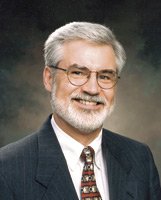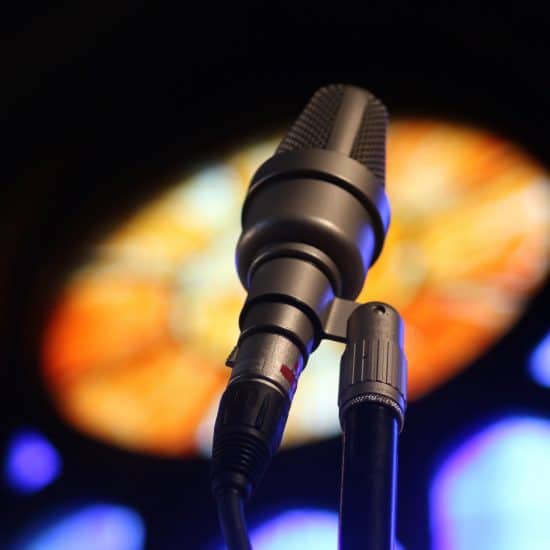What does it mean to be a follower of Christ? Such "followship" has a lot of implications and certainly one of those is to live a life not only mindful of the needs of others but a life committed to showing Christ's love in action. One of those ways is to commit to be an organ donor.

Bill Webb
|
More and more of us can say we have known people who either need a vital organ transplant to live or someone who has been fortunate enough to have seen life extended because of such a donor gift. The gift of life was possible, of course, because others or their families were willing to extend hope to other individuals and families, quite often when facing death themselves or of loved ones.
In most cases, this is a decision best made well in advance, during a time when neither a would-be donor's health nor life is already in jeopardy. In most states, when citizens are administered drivers' licenses, they are queried about their willingness to be organ donors in the event of death. The occasion is routine, and such a decision can be made without duress.
Such matters need to surface for consideration as individuals and their families prepare estate plans and make considerations about wills, a process that is all about making personal decisions known at a time when we can no longer voice them. A conversation about organ donation need not be morbid, and voicing a desire about what to do when asked by medical personnel can help relieve the pressure of family coming to terms with that question when they aren't sure of a late loved one's wishes.
Such a decision would seem like a no-brainer for people of faith. As followers of God, we care for the health and well-being of others. At least, we say we do. A willingness to donate an organ or other healthy tissue may give us a chance to benefit loved ones, but particularly after we have claimed our heavenly reward, to aid strangers.
The technology and the ability to be able to transplant healthy kidneys, livers, lungs, hearts and other organs necessary for survival is God-given. Such operations are amazing and certainly in the plans of a God who constantly amazes us with his willingness to give us gifts well beyond what we deserve or even expect. What an additional gift to be able to be a part of God's plan for others even after I have ceased to walk on earth.
In some cases, the gift of a donated organ has evangelistic overtones, especially for a patient who does not yet have a relationship with Christ. A life-saving organ may well prompt a recipient to more fully exercise his or her faith. Gratitude and appreciation are powerful motivators for good.
Many of us have voiced anguished prayers for seriously ill family members and friends because they wait and wait for life-saving organs as their lives gradually and then more quickly ebb away. Theirs is a race against time. If it is painful to observe, it must be horrible to experience firsthand. The technology is available, and the expertise is at hand. Organs and healthy tissue are in strong supply. The willingness of individuals and families, for whatever reason, is the missing element. As a result, healthy live-giving organs are allowed to die. And the same thing happens to many who could have lived had family members said yes.
Most of us have known families that did say yes in the midst of their own grief. They have the confidence that the life of a loved one is blessing the lives of others for years to come. For most, this brings comfort in the midst of their grief.
Most of us have family members such as children, grandchildren, great-grandchildren, parents, siblings, nephews, nieces and others. It would be devastating to think of losing any of them because a needed transplant never occurred.
The first step is to think about this issue. Your personal doctor can answer medical questions and concerns about it.
Nothing is more important in organ donation than to make loved ones aware of your own desires. Do it in conversation. Be clear. If you are pro-donation, let loved ones know why this decision is important to you. If it is motivated by your faith, explain that. Help spiritual leaders, a personal attorney, physician or others know of your desires.
By all means, leave clues in writing, such as in organ donor registries, on the back of your personal driver's license, in an estate-planning document or even a personal note inside your Bible. Write a letter detailing last-things matters that are important to you.
Some of us avoid thinking about things like our death but organ donation in this country and our world could be so much more of a blessing if we all did.
Bill Webb is editor of Word&Way.

